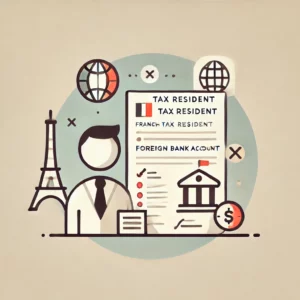
Work of art and precious objects taxation in France
Work of art and precious metal definition What does “working art” definition recover? According to French and European laws, working of art recovers notably the following elements: What does “precious objects” definition recover? Under French law, « precious objects » often refer to items like precious metals (gold, silver, platinum etc..), jewelry and precious stones, antiques, artifacts, and potentially other high-value items. Who the Tax Applies To In the context of the sale of works of art, the fixed tax applies to private individuals, associations and all entities that sell works of art, collectors’ items or antiques and that are not subject










